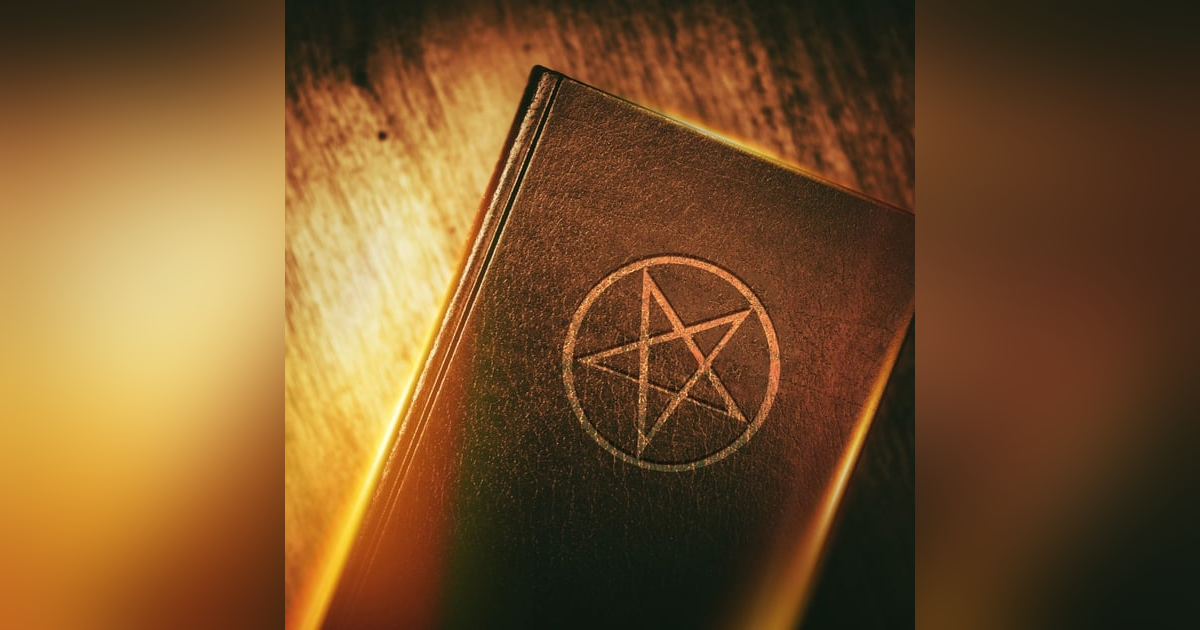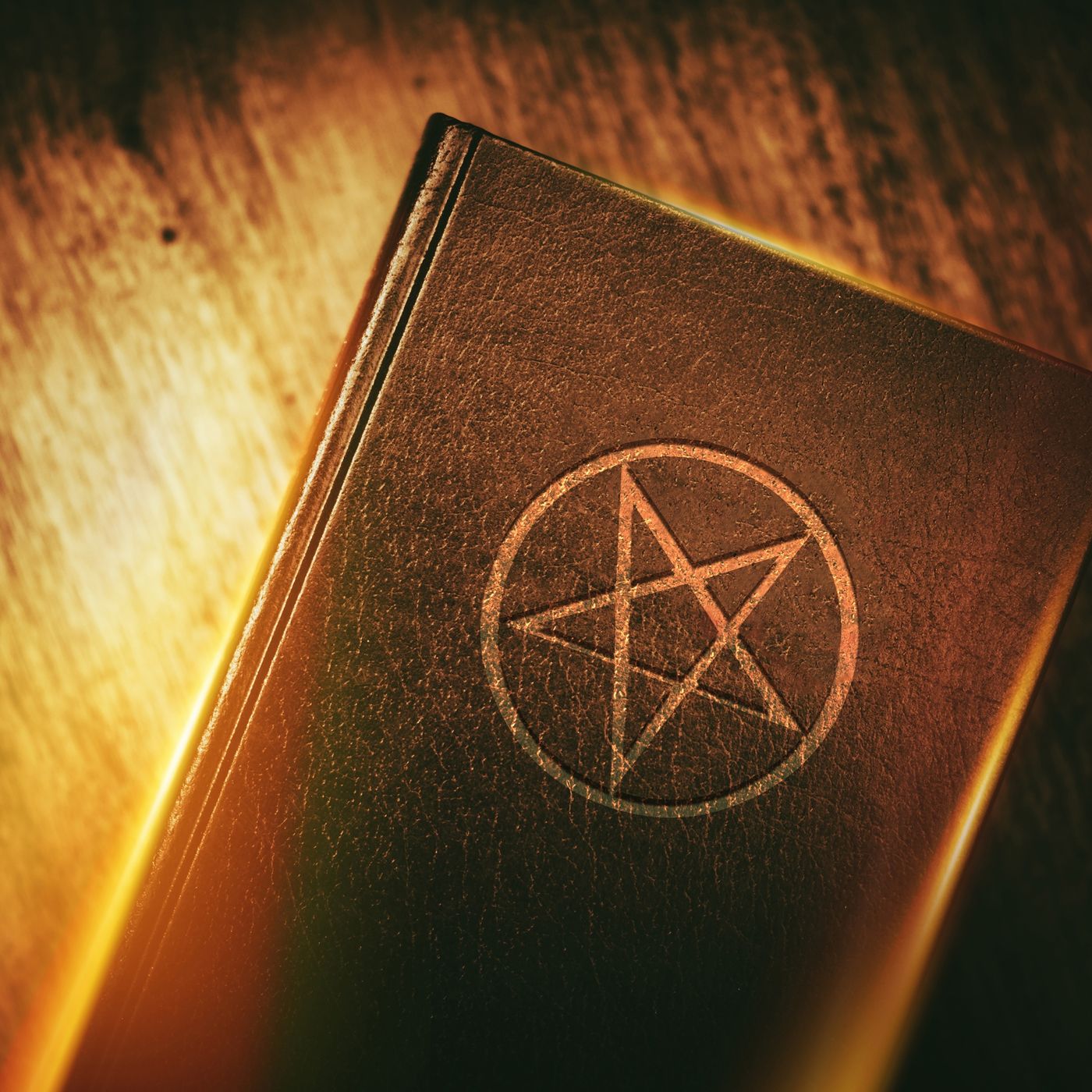S9: Music, Witchcraft and the Paranormal


Author and Reseacher Dr. Melvyn Willin sits down with me to discuss his book about the supernatural aspects of some music. His book is called Music, Witchcraft and the Paranormal.
The Paranormal, the new ebook series from F+W Media...
Author and Reseacher Dr. Melvyn Willin sits down with me to discuss his book about the supernatural aspects of some music. His book is called Music, Witchcraft and the Paranormal.
The Paranormal, the new ebook series from F+W Media International Ltd, resurrecting rare titles, classic publications and out-of-print texts, as well as new ebook titles on the supernatural – other-worldly books for the digital age. The series includes a range of paranormal subjects from angels, fairies and UFOs to near-death experiences, vampires, ghosts and witchcraft. A series of essays on parapsychology and psychical research with special reference to the importance of music in paganism and witchcraft. The book is excellently researched using a myriad of sources including historical and first-hand accounts, relevant publications and of course the author's own thorough investigations.
Traditionally, the terms "witch" and "witchcraft" had negative connotations. Most societies that have believed in harmful witchcraft or 'black' magic have also believed in helpful or 'white' magic.[48] In these societies, practitioners of helpful magic provided services such as breaking the effects of witchcraft, healing, divination, finding lost or stolen goods, and love magic.[49] In Britain they were commonly known as cunning folk or wise people.[49] Alan McFarlane writes, "There were a number of interchangeable terms for these practitioners, 'white', 'good', or 'unbinding' witches, blessers, wizards, sorcerers, however 'cunning-man' and 'wise-man' were the most frequent".[50] Ronald Hutton prefers the term "service magicians".[49] Often these people were involved in identifying alleged witches.[48]
Hostile churchmen sometimes branded any magic-workers "witches" as a way of smearing them.[49] Englishman Reginald Scot, who sought to disprove witchcraft and magic, wrote in The Discoverie of Witchcraft (1584), "At this day it is indifferent to say in the English tongue, 'she is a witch' or 'she is a wise woman'".[51] Folk magicians throughout Europe were often viewed ambivalently by communities, and were considered as capable of harming as of healing,[8] which could lead to their being accused as "witches" in the negative sense. Many English "witches" convicted of consorting with demons may have been cunning folk whose supposed fairy familiars had been demonised;[52] many French devins-guerisseurs ("diviner-healers") were accused of witchcraft,[53] over half the accused witches in Hungary seem to have been healers,[54] and the "vast majority" of Finland's accused witches were folk healers.[55] Hutton, however, says that "Service magicians were sometimes denounced as witches, but seem to have made up a minority of the accused in any area studied".[48]








